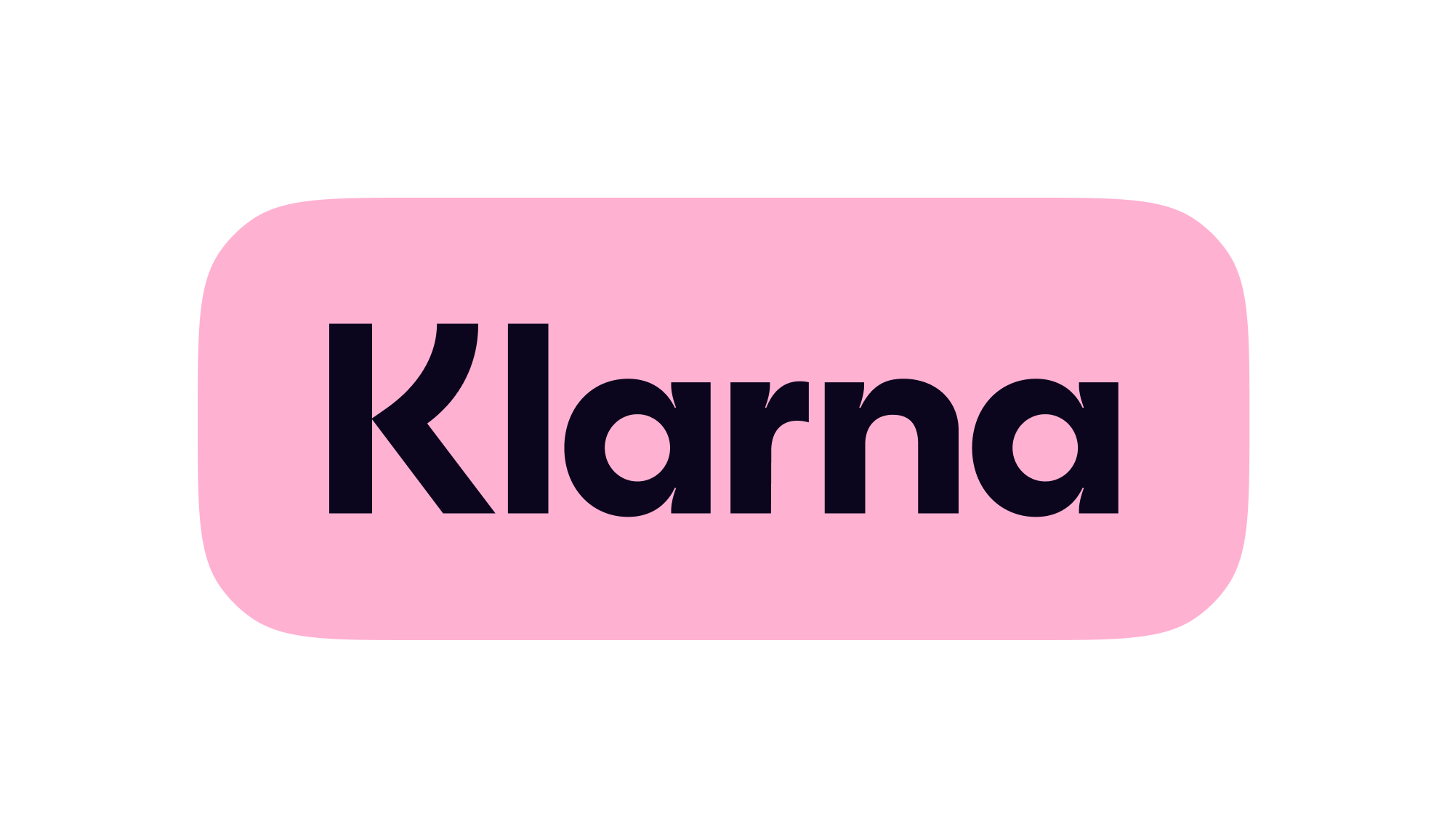Getting “enough electrolytes” is a common topic of discussion with our readers. A team of registered dietitians create health-promoting recipes to help you eat a balanced diet with delicious foods. And electrolytes are one type of nutrient that’s all about balance.
While many of us picture a bottle of Gatorade or a banana when we think of electrolytes, the reality is a bit more complex. I’ll explain what electrolytes are, what they do, and how to get them in this overview.
What exactly are Electrolytes?
Electrolytes are specific minerals that have a positive or negative charge after being dissolved in water or blood. They are important for health and support the body's ability to maintain homeostasis in a variety of ways, from muscle function to the body's pH levels.
These are the electrolytes your body needs and uses every day:
- Sodium – The most abundant electrolyte in your body, sodium helps cells absorb nutrients and maintain proper fluid balance
- Magnesium – This electrolyte helps transform nutrients into energy, especially to help with muscle contractions and nerve cells in the brain.
- Potassium – This electrolyte is essential for the proper functioning of the heart and works together with sodium to maintain fluid balance in the body's cells.
- Calcium – In addition to building bones and teeth, this electrolyte helps control muscle function, supports nerve function, and helps control heart rate.
- Chloride – The second most abundant electrolyte in your body, chloride plays a key role in fluid balance and helps your body maintain its natural pH balance
- Phosphate – This electrolyte is a key component of the molecules that make up your DNA. It helps cells metabolize nutrients and transports chemicals and molecules out of cells.
- Bicarbonate – carbon dioxide that is not excreted from the body through the lungs is recycled into bicarbonate, which your body uses to maintain blood pH levels.
Why Electrolytes Are Important in the Human Body
Electrolytes don't provide energy, but you need them in small amounts for many things, including metabolism, building bones and teeth, building immunity, and—most importantly—maintaining your body's fluid balance.
An adult human body is made up of about 60% water. Think about it. The amount of water in your body is huge and important . Fluctuations in this amount (too much or too little) can cause significant health problems. Electrolytes help the body maintain a good balance of fluids inside and outside the cells.
Here are the seven main functions of electrolytes in the body:
- Balance fluids in and around your body's cells
- Balancing your blood pH level
- Prevent irregular heartbeats (keep your heart rate steady)
- Helping your body metabolize nutrients
- Moving nutrients in and out of cells
- Removing waste from your body's cells
- Maintain stable blood pressure
Normal Electrolyte Ranges
Electrolyte levels are measured through a blood test. Your results are affected by age, gender, and preexisting health conditions. But generally, normal electrolyte ranges for adults are:
Electrolyte Normal Range
Sodium 136 to 144 mmol/L
Magnesium 1.7 to 2.2 mg/dL
Potassium 1.7 to 2.2 mg/dL
Calcium 8.5 to 10.2 mg/dL
Chloride 97 to 105 mmol/L
Phosphate 2.5 to 4.8 mg/dL
Bicarbonate 22 to 30 mmol/L
|
Electrolyte |
Normal range |
|
Sodium |
136 to 144 mmol/L |
|
Magnesium |
1.7 to 2.2 mg/dL |
|
Potassium |
1.7 to 2.2 mg/dL |
|
Calcium |
8.5 to 10.2 mg/dL |
|
Chloride |
97 to 105 mmol/L |
|
Phosphate |
2.5 to 4.8 mg/dL |
|
Bicarbonate |
22 to 30 mmol/L |
Test results that show electrolyte levels that are too high or too low may indicate that something is going on with your health that needs to be addressed. But having an electrolyte lab panel that shows numbers outside of these ranges doesn't necessarily mean there's a problem. Depending on your health history and how far outside of these ranges your results are, your doctor will likely order additional tests to get more information.
Symptoms of Low Electrolyte Levels
If your electrolyte levels get too low or too high, you may experience a number of symptoms, including:
- Muscle spasms or twitching
- Muscle weakness
- Muscle cramps
- Changes in blood pressure
- Cardiac arrhythmia
- Numbness, especially in the extremities
- Excessive fatigue
- Frequent urination
- Headaches
- Confusion, dizziness or mental confusion
- Seizures
Some signs of low electrolytes that your doctor may notice or test for include:
- Adrenal insufficiency
- Hyperglycemia (high blood sugar levels)
- Bone disorders, coma, heart failure or nervous system problems in severe cases
Your doctor can help you understand and address your electrolyte test results and your unique set of symptoms.
When to Get Extra Electrolytes
Because electrolytes are so important to your body’s proper functioning, your body does a great job of regulating electrolytes on its own. You get most of your electrolytes from the minerals in the foods and drinks you consume.
However, electrolytes can become imbalanced. Here are some common reasons:
- Dehydration – not drinking water consistently or not getting enough fluids
- Excessive sweating – either as an acute response (to heat or movement) or as a chronic condition
- Malnutrition – not getting a consistent intake of essential nutrients or taking in too much of some and taking in too little of others
- Drinking alcohol – your body excretes water and electrolytes in response to alcohol
- Chronic health conditions – including thyroid disease, kidney disease, adrenal gland disorders, or cancer
- Vomiting or diarrhea – in response to infections, medications, food poisoning, gastrointestinal problems, pregnancy , medical treatments, stress, motion sickness, smells, or concussion
- Eating disorder – conditions such as anorexia nervosa and bulimia nervosa affect electrolyte balance
- Burns – the skin helps protect against fluid and electrolyte loss, so skin injuries can result in electrolyte imbalance, especially severe burns
- Drinking too much water – can cause an electrolyte imbalance known as hyponatremia or water intoxication
- Taking diuretics – If you are prescribed diuretics to reduce fluid build-up, your doctor will likely test your electrolyte levels regularly, as these medications can upset your balance.
If you are poorly hydrated, sweating more than usual, vomiting, drinking too much plain water, or not following a balanced diet , for example, you may be at risk for electrolyte imbalances. In this case, you can get more electrolytes through food, fluids, and/or supplements.
How to Get More Electrolytes Daily
Some types of foods that are rich in minerals (and therefore contain electrolytes) are vegetables, green leaves, fruits, nuts, seeds, beans , dairy, lean meats, fish, and seafood. When you eat a balanced diet that contains a variety of these foods every day, you will likely meet your normal electrolyte needs.
Specific foods and drinks that are especially good sources of electrolytes are:
- Bananas
- Watermelon
- Coconut Water
- Almonds, Brazil nuts and cashew nuts
- Milk
- Fruit juices
- Smoothies
- Avocados
- Sweet potatoes
- Spinach
- Table salt or salty condiments
You can also get electrolytes from electrolyte drinks (such as sports drinks) or from electrolyte packets or tablets added to water or other liquids.
Do You Need to Take an Electrolyte Supplement?
There will be times in your life when you may benefit from taking an electrolyte supplement to help you recover faster and help your body restore its natural electrolyte balance. Some examples include:
- During or after exercise or work in extreme heat or with high exertion
- When you are sick and losing body fluids through vomiting or diarrhea
- If you are not following a balanced diet and consuming little variety of nutrients and fresh foods
- The day after consuming excessive amounts of alcohol
- When traveling, you are more likely to become dehydrated or be exposed to environmental changes that cause changes in your body fluids.
In these cases, drink an electrolyte drink ( our favorite is LMNT drink mix ) can help you quickly restore fluid and electrolyte balance. Of course, no one it needs of an electrolyte supplement to support basic bodily functions, especially not every day, but it can be helpful in meeting your nutritional needs.
Should Children Drink Sports Drinks to Replace Electrolytes?
Most children do not exercise or play sports at a duration or intensity that requires an electrolyte drink, as long as they sip water before, during, and after. Young children who drink sports drinks, especially sugary ones, are likely getting more nutrients and added sugars than they need.
Depending on the quality of the drink, they may also be ingesting more artificial colors and sweeteners than is good for their long-term health. Water, milk, and 100% fruit juices (mixed with water) are good liquid options to offer children.
But children or teens who play sports at higher intensity, are physically active for an hour or more, or are training or competing in extreme heat may benefit from an electrolyte drink or drink mix. These are designed to contain some sugar for quick energy and electrolytes for fluid balance.





1 comment
Marilene Fick
Muito. bom
Muito. bom